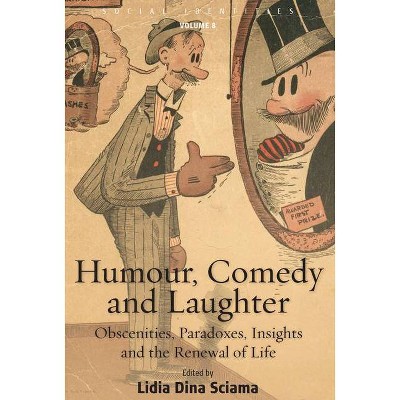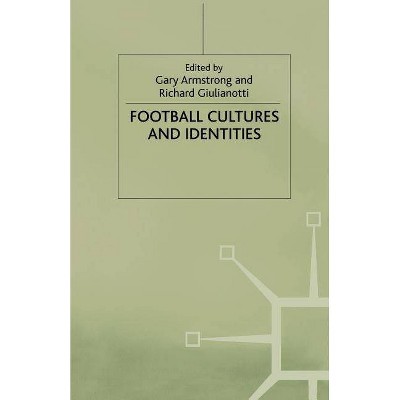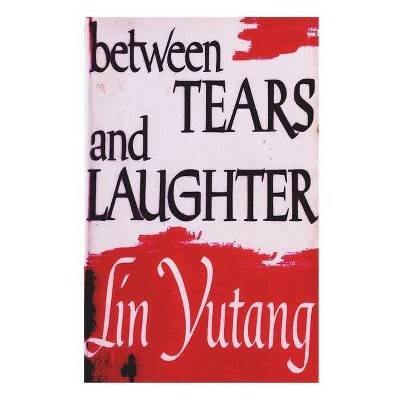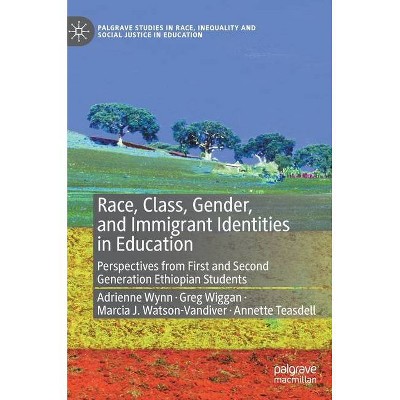Humour, Comedy and Laughter - (Social Identities) by Lidia Dina Sciama (Paperback)

Similar Products
Products of same category from the store
AllProduct info
<p/><br></br><p><b> Book Synopsis </b></p></br></br><p>Anthropological writings on humor are not very numerous or extensive, but they do contain a great deal of insight into the diverse mental and social processes that underlie joking and laughter. On the basis of a wide range of ethnographic and textual materials, the chapters examine the cognitive, social, and moral aspects of humor and its potential to bring about a sense of amity and mutual understanding, even among different and possibly hostile people. Unfortunately, though, cartoons, jokes, and parodies can cause irremediable distress and offence. Nevertheless, contributors' cross-cultural evidence confirms that the positive aspects of humor far outweigh the danger of deepening divisions and fueling hostilities</p><p/><br></br><p><b> Review Quotes </b></p></br></br><br><p> <em>"This collection is like a charm bracelet. The essays are attractive and bright, but their interconnection derives largely from being gathered in one place. The general theme is anthropological--the collection presents humor as both a topic and a method in anthropological research--but the title is broad enough to permit scholarship from a wide variety of disciplines.... All the essays in this volume have something valuable to say and say it well."</em> <strong>- Choice</strong></p> <p> <em>"All in all, the present volume is a notable contribution to understanding humor and comic performances. It clearly shows that humor is such a nuanced topic that in order to understand it in its complexity, one has to analyze it from a varied range of perspectives, sometimes through the study of seemingly unconnected phenomena."</em> <strong>- Anthropology Book Forum</strong></p> <p> <em>"This book is a valuable contribution to the anthropology on humour as there is so little of it, despite the important place of humorous phenomena within social life. The wide variety of topics reflects the myriad ways humour may figure in different contexts: how in some cases it is an important aspect of the situation in question and in others it provides a specific lens through which to consider a topic."</em> <strong>- Journal of Royal Anthropological Institute</strong></p> <p> <em>"...humour has been a fleeting theme in anthropology. This is surprising, since everybody laughs - although not at the same things, which makes humour rich with cultural context. That richness certainly emerges in the nine diverse chapters gathered here, .. Most revel in their material, offering readers plenty of interest."</em> <strong>- SITES - A Journal of Social Anthropology and Cultural Studies</strong></p> <p> <em>"There is no doubt that Lidia Dina Sciama's edited volume... is an impressive, ambitious and timely volume. The subheading, Obscenities, Paradoxes, Insights and the Renewal of Life, seems a tall order for two hundred pages, but in their own ways, the editor and contributors have responded admirably to the challenge. While grounded in the field of social anthropology, this volume is also notable for its interdisciplinarity."</em> <strong>- JASO</strong></p> <p> <em>"An interesting and unique read... Each scholarly contribution makes a creative effort to cross the traditional boundaries of anthropological theories and methods with other closely related disciplines. It is an excellent example of anthropological cross-disciplinary engagement with psychology, philosophy, aesthetics, film, and theater and music theory."</em><strong> - Jana Kopelentova Rehak</strong>, University of Maryland, Baltimore County</p><br>
Price History
Price Archive shows prices from various stores, lets you see history and find the cheapest. There is no actual sale on the website. For all support, inquiry and suggestion messagescommunication@pricearchive.us




















